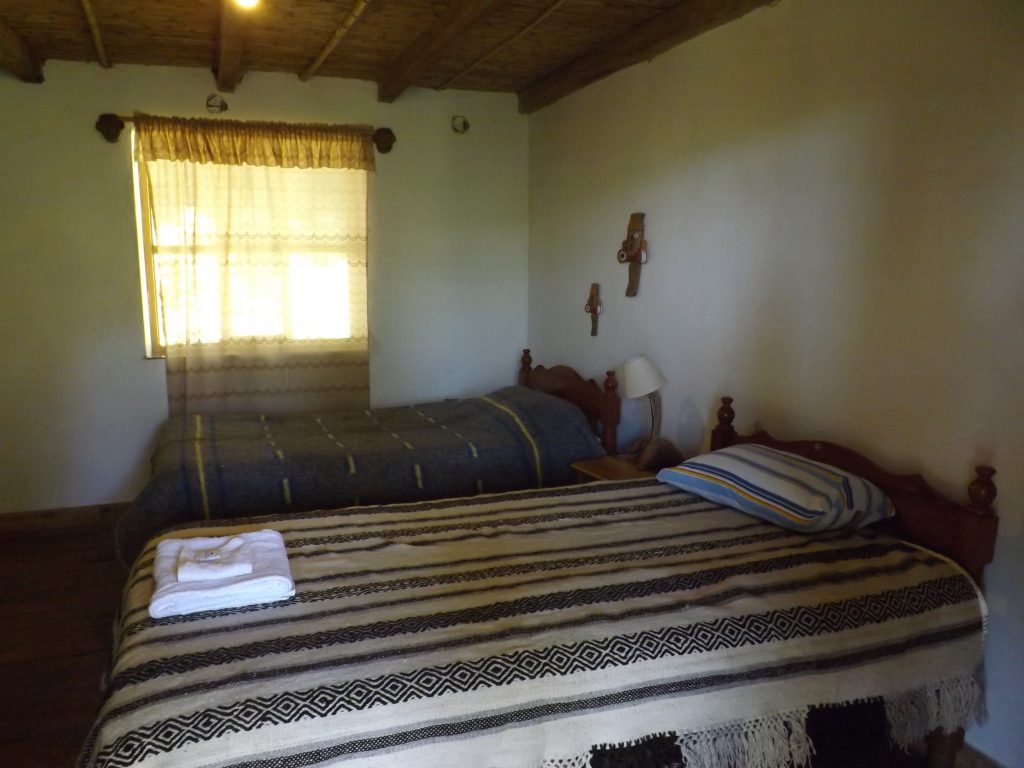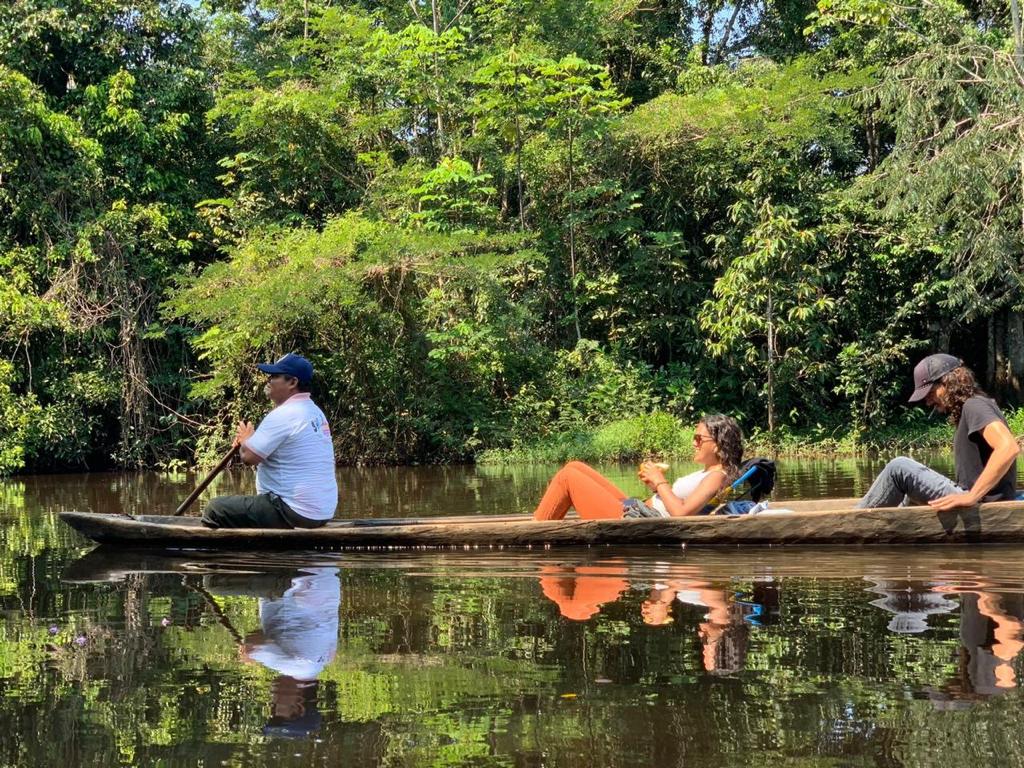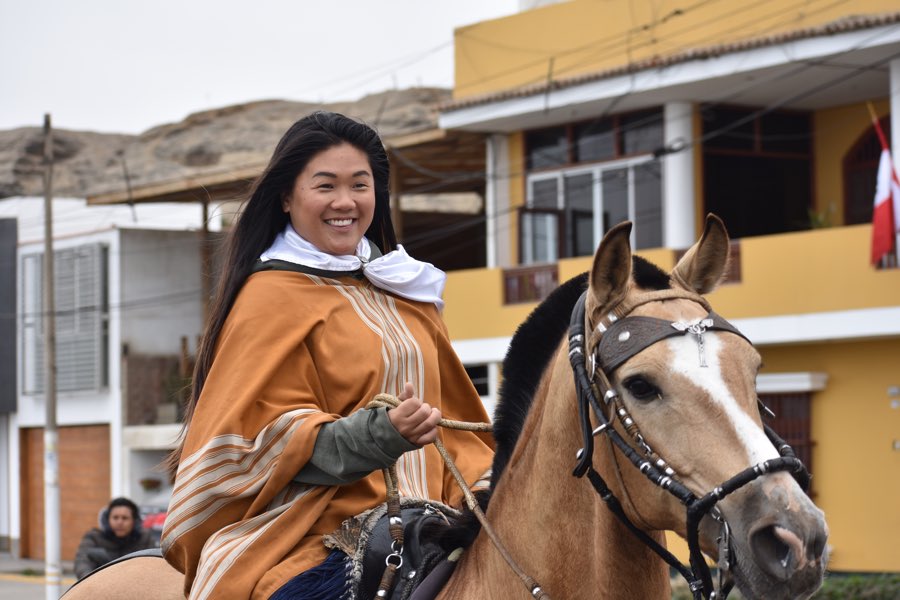Peru is a very diverse country. To best prepare your stay, we have compiled a summary of useful information that is not necessarily exhaustive.
Below you will find more general information about Health and safety, your luggage, a guide to choosing your souvenirs or even about money in Peru and tipping.
But also our advice on “how to be a responsible traveler” and more delicate topics such as plastic when traveling or child exploitation. We end with some information on the particularities of rural tourism.
Travel Health and Safety
If you are wondering about what to put into your travel pharmacy, altitude sickness or the need for travel insurance, we have written a complete article which should help you prepare for your stay in Peru.
For more information, it’s just here.
What to pack for Peru?
Of course, this will also depend on the regions where you are going. We recommend traveling light, because in Peru you will be taking the bus or public transport a lot. Since the weather is often unpredictable, you should plan to pack clothes that you can wear “in layers”, like an onion, and that you can take off and put back on as you wish.
More information in our article on Luggage and clothing.
What will the weather be like during your trip?
Depending on the tour you have chosen, you will pass through different regions and climatic zones. In general you should know that in the Andes (Arequipa, Puno, Cusco, Chachapoyas, Huaraz, Cajamarca), it is cold at night (depending on the altitude you can have 0°C and less), but rather pleasant during the day (around 20°C).
To get a better idea of the climate in different areas, read our article.
Pay attention to souvenirs
Of course you want to shop during your stay – for yourself, for your loved ones. But how to choose your souvenirs and gifts? Lots of tips and useful information on this page.

Money in Peru
The question often comes up: Is it better to travel with cash or to have a credit card? How does it work with bank fees? Here we answer your questions about money in Peru.
Tipping practice
Should you tip? Are tips expected? How much is a fair amount? First of all, you should know that tips are not included in prices in Peru. But of course, they will be appreciated by your interlocutor (guide, driver, or others). As a general rule, we can say: only tip if you were happy with the service you received.
For more information, read our article.
How to be a responsible traveler?
If you already practice eco-responsible gestures, you will find it easy to apply them while traveling as well. It’s all about being well prepared! Some recommendations for you before and during your trip to make the most of it. Being a responsible traveler is not that complicated.

Some useful information on reducing plastic while traveling
At home, we usually have many options that allow us to use plastic-free items. And, we know how to dispose of these items in an environmentally responsible way.
Of course, when we travel, we are often in situations where we are not fully aware of the facilities that await us, or how the area handles waste. In these situations, a little preparation before a trip can have a huge impact on your durability.
To reduce your impact on the environment:
- You can take a cloth bag with you in your suitcases. As single-use plastic bags are prohibited, a tote bag will be very useful when shopping.
- Also take a water bottle that you can fill with large bottles of drinking water or in some restaurants and hotels that offer self-service drinking water to their customers.
- Avoid all single-use products such as cutlery or plastic bottles. You may be surprised by the illegal dumping of waste when you arrive in the country.
But be aware that many actions are implemented at national and local level to reduce plastic consumption and to develop recycling. The educational work is bearing fruit, and the population is fully aware that the protection of the environment is a major issue.
For more useful information, see www.travelersagainstplastic.org
Adoption of a tree
Since 2022 we have been working with the NGO Conservamos por Naturaleza and their program Reforesta for reforestation in ACP (private conservation areas) in Peru. Every traveler with Phima Voyages adopts a tree in ACP Los Chilchos in the region Amazonas in northern Peru, the largest private conservation area in Peru. At the end of each year, we send the adoption certificates.
Sexual exploitation of children
According to the United Nations World Study on Violence against Children, 150 million girls and 73 million boys under the age of 18 are victims of sexual exploitation or other forms of sexual violence. Every year millions of children are bought and sold for sexual exploitation. The International Labor Organization estimates that approximately 5.5 million people are exploited.
Read our article on what we can all do together.
How do group excursions work?
When we mark Group Excursions on your itinerary, this means that we are working with a local agency, based in the destination, which organizes daily excursions to the archaeological sites of the region.
In a group, this means in a mini-bus of up to 18 people, with a driver and a Spanish/English-speaking guide. The appointment is given either near the agency or at the Plaza de Armas, or the bus will pick you up at your hotel.
If the bus picks you up, be aware that there may be a delay in the pick-up schedule we give you. Indeed, it will be necessary to stop at several hotels to take all the passengers. If one person is delayed, this affects the others.

Rural tourism
You have chosen to spend a few days in a rural community – that’s great!
As you know, we work for the involvement of rural communities in the tourism development of their region. Regularly we do training in customer reception, hygiene, meal diversity in order to guarantee you the best welcome.
But sometimes, our local partners have unforeseen events: a health problem often has to be solved in Lima or on the coast. Like this, suddenly, we have to make last-minute changes.
So rest assured that we are doing our best to put you in contact with Peruvians, so that you can understand their daily life, but there may always be changes. We thank you in advance for your understanding.




